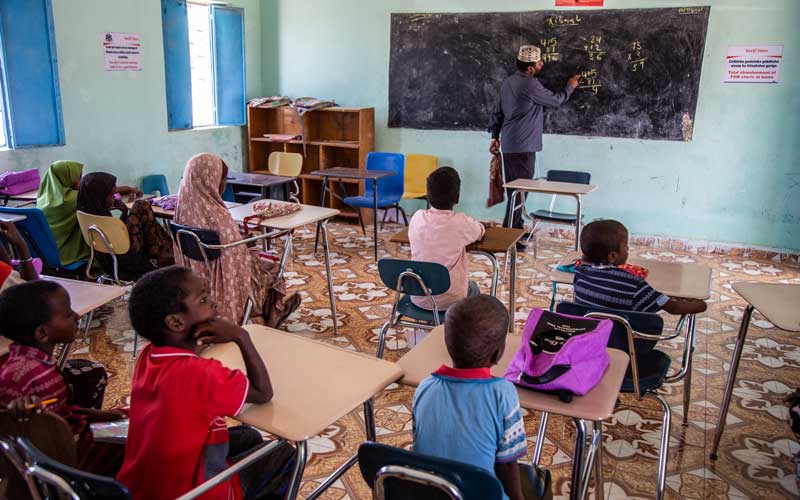The Transformative Power of Education: Shaping Futures


Education stands as a beacon, illuminating the path to personal growth, societal progress, and individual empowerment. Its importance transcends the confines of classrooms, influencing not only what we know but also who we become. This article delves into the profound significance of education and its far-reaching impact on shaping the future of individuals.
**1. Empowering Minds and Building Knowledge: Education is the key that unlocks the door to knowledge. It empowers individuals with the tools to understand the world, enabling them to critically analyze information, make informed decisions, and contribute meaningfully to society. A well-rounded education cultivates a thirst for knowledge, fostering a lifelong journey of discovery.
**2. Fostering Critical Thinking and Problem-Solving: Education goes beyond the transmission of facts; it cultivates critical thinking and problem-solving skills. By encouraging individuals to question, analyze, and synthesize information, education equips them to navigate the complexities of the modern world and adapt to evolving challenges.
**3. Facilitating Personal and Professional Development: The impact of education on personal development is profound. It instills values, ethics, and a sense of responsibility. Moreover, education serves as a gateway to professional development, opening doors to diverse career opportunities and providing the skills necessary for success in the workforce.
**4. Promoting Social Mobility and Equity: Education is a powerful equalizer, offering individuals the chance to overcome socio-economic barriers. By providing access to quality education, societies can promote social mobility, reduce disparities, and create a more equitable playing field, where opportunities are not limited by one’s background or circumstances.
**5. Cultivating Informed and Engaged Citizens: An educated populace forms the backbone of a thriving democracy. Education fosters civic awareness, instills a sense of civic responsibility, and encourages active participation in the democratic process. Informed citizens contribute to the betterment of society through civic engagement and advocacy for positive change.
**6. Building Global Awareness and Cultural Competence: In an interconnected world, education promotes global awareness and cultural competence. Exposure to diverse perspectives, languages, and traditions fosters tolerance, empathy, and a deep understanding of the interconnectedness of global issues. This prepares individuals to navigate a world that transcends geographical boundaries.
**7. Cultivating Lifelong Learners: The impact of education extends far beyond formal schooling; it cultivates a mindset of lifelong learning. Individuals who value education continue to seek knowledge, adapt to new technologies, and embrace continuous self-improvement. This adaptability is crucial in a rapidly changing world.
Conclusion: Education is not merely a means to an end; it is a transformative journey that shapes the very fabric of our lives and societies. Its impact reverberates through generations, influencing the choices we make, the perspectives we hold, and the contributions we bring to the world. By recognizing the intrinsic importance of education, we embrace the profound influence it wields in shaping a future where individuals are empowered, societies flourish, and the pursuit of knowledge becomes a lifelong endeavor.


